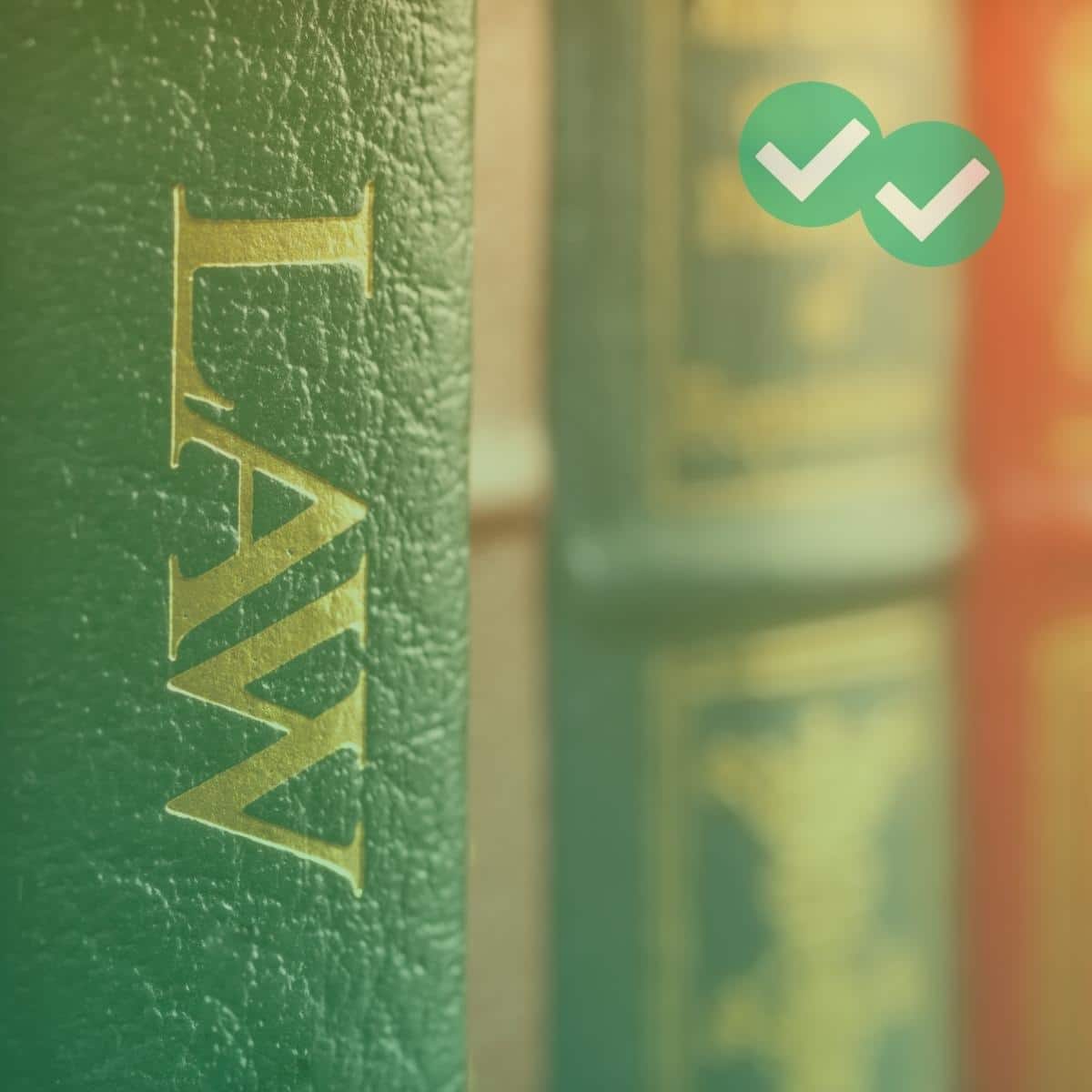
Figuring out who to ask for a letter of recommendation for graduate school is often a frustrating and stressful task for grad school hopefuls. Regardless of the type of grad program you are applying for, you will likely need at least one letter of recommendation vouching for you and your work – ideally from a trusted, authoritative source. But who qualifies as a trusted, authoritative source?!
More often than not, if you find yourself wondering who to ask for a letter of recommendation, you need to think about all of the people who know you either personally or professionally. This is by far the most important factor. You cannot simply ask a random person of high esteem for a recommendation letter. Instead, you should ask yourself: who knows me best and can write me the strongest letter possible.
Who should you ask to write your grad school applications?
When applying to graduate programs like an MBA, Master’s of Data Science, a PhD in a niche field, or others, you need references to attest to your character, intelligence, work ethic, and talent. For Master’s or PhD applicants in Humanities or STEM, having an advisor who can discuss your field experience is crucial. This is less critical for MBA candidates.
Here are a few questions to consider when determining who to ask for letters of recommendation:
- How well does this person know me?
- Does this person have a generally positive view of me?
- Is this person relevant to the field of study I’m interested in going into?
- Is this person someone I’ve worked closely with?
- Has this person been my professor, my manager, or my employer?
It is important to note that you should not cherry-pick these questions. Ask all of them about each potential “candidate.”
Professors or Employers?
Professors are ideal for a letter of recommendation for an academic-focused graduate school, as admissions committees value letters from those who have directly assessed your academic work. For professionally focused programs, managers from your work environment may offer more beneficial recommendations.
Choose former or current professors or managers who value your work and relationship. A professor who praised your work or a manager who witnessed your professional achievements makes a great choice. Similarly, if you’ve assisted a professor with relevant tasks or engaged in discussions during office hours, they’re well-positioned to write a strong recommendation letter. Ideally, you would get at least one recommendation from someone who works or teaches in a field directly related to the program you are applying to.
How many recommendation letters do you need?
Often graduate programs will ask you for up to three letters of recommendation, which can feel daunting as an applicant. However, this doesn’t mean that you should send out a mass email to every former professor or employer you know. Focus your attention on the people who know you best, have the highest credentials, and are most likely to write a great letter on your behalf!
When choosing recommenders for grad school, avoid friends and family, regardless of their credentials. Admissions boards may view this as a conflict of interest, potentially leading to a rejected application. Also, avoid using graduate students who’ve worked with you as TAs or instructors. Opt for individuals with graduate degrees and professor titles whenever possible.
How to Ask for Letters of Recommendation for Grad School
Once you know who to ask for letters of recommendation, you have to actually sit down and write out requests to each person. While you can have a template, always remember to address each person by their name and personalize your requests! Avoid phrases like “To Whom It May Concern.” Instead, write a professional email that gets straight to the point while also explaining the circumstances thoroughly. Here is a good template to write your first ask email.
What Should I Include in my Request?
When requesting a letter of recommendation for graduate school, be sure to include details about the graduate program and, more importantly, your qualifications. You could be writing to a professor you have not seen in 10 years. So, they may need a reminder of who you are and what you can do. It can be helpful to include a draft of you Personal Statement or Statement of Purpose and samples of your past or current work. Providing little or no information about what you need and your qualifications will often result in a lower success rate.
When someone agrees to write a recommendation letter for you, make sure to give them a clear deadline. You should try to ask for them to finish no less than two to three weeks before you need it. Ideally, you should broach the subject of a recommendation a few months in advance of when you need it. This way, the person has plenty of time to sit down and write an authentic, sincere letter of recommendation – and gives you time in case you need to find an additional recommender.
One more note – if you’re planning to ask a professor or other type of educator, keep in mind that they may be planning to be away from their office during the summer and winter holidays!
What happens if they say no?
So what happens if the person says no or does not respond at all? Unfortunately, there is really not much you can do in this case besides following up politely. If someone does not want to write a letter, they likely have a reason for it. Most professors and employers frequently write letters of recommendation and are happy to help aspiring graduate students, so if you get a rejection move on to the next person on your list.
Finally, a thank you note to your recommenders is always a good idea. After your applications are submitted, go ahead and send them a short, warm email or handwritten thank you note. If you need tips on writing a good thank you note, you can find them here.




Leave a Reply